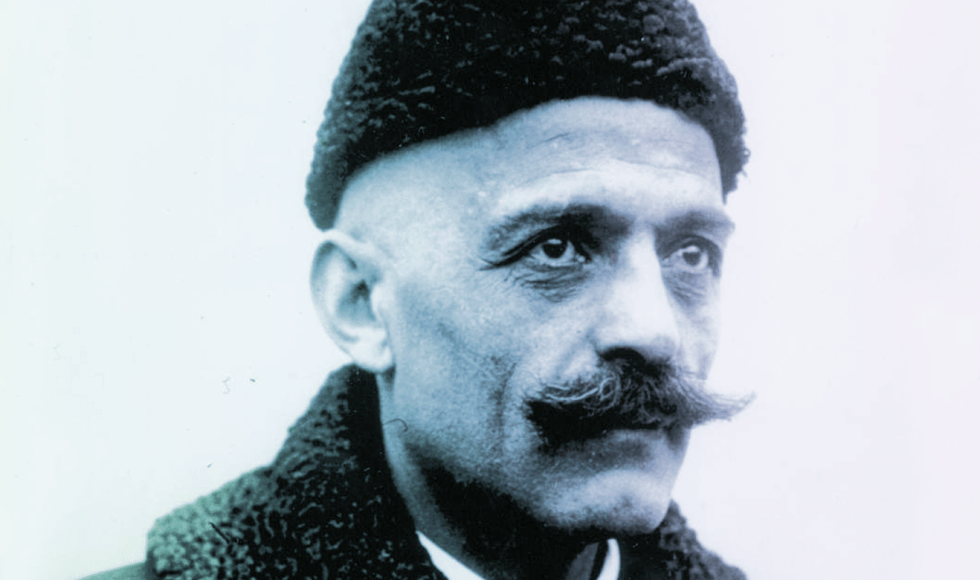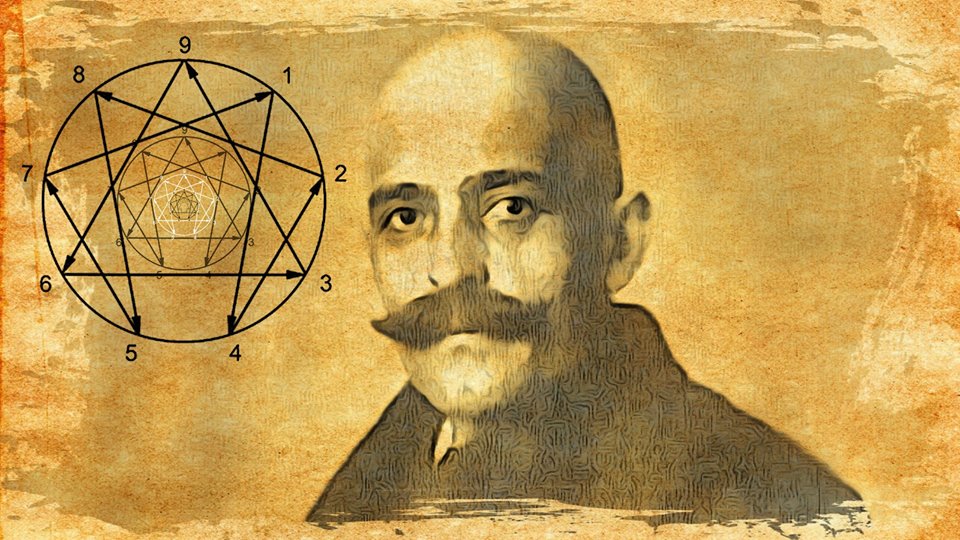Mysticism is defined as the idea that a person is in touch with the absolute reality and that his intellect is attained from the highest level of bliss that he is in tune with God or whatever Deity he believes in. This definition of mysticism may be subjective. Some people may believe that a person within their culture or religion is a mystic, while people who are not part of that culture may believe that that same person is deranged.
The world has had its share of different people claiming to be mystics and knows the absolute truth about the universe and what life is all about. While some of these mystics may have given enlightenment teachings, other people who claimed to be mystics may have done so to further their interests. Whether you believe the teachings of these so-called mystics will depend on the foundation of your truths. Nevertheless, it is still important to hear what these mystics have to say and then determine if their truths are closely related to what your beliefs of the truth are. Let us take, for example, the teachings of George Gurdjieff.
Who is George Gurdjieff?
George Gurdjieff was a Russian mystic born on November 28, 1877, and lived until October 29, 1949. In his early adult life, Gurdjieff traveled among religious sects within the Middle East and Central Asia. His travels, which lasted for twenty years, were brought about by his curiosity and desire to unravel the mystery of human existence. Upon his return, Gurdjieff had many teachings that he wanted to share with anybody willing to listen. While Gurdjieff never revealed the sources of these new spiritual teachings, you may surmise that they came from his travels, which he accounts for in his book “Meetings with Remarkable Men”.

A photo of George Gurdjieff
The Fourth Way: The Teachings of George Gurdjieff
According to Gurdjieff, human beings are unaware of and are not consciously searching for the true reality. Humans are in a constant dreaming state, and that people are just sleepwalkers waiting to be awakened. Humans look at all the things in their environment in a subjective manner so that what they see as “good” and “bad” will depend on how the thing will affect them. Gurdjieff also added that for humans to get out of the loop of subjectivity, they evolve their way of thinking and view things as part of the whole. From this premise, we can say that a gun can be an object of good if you are going to use it for hunting for food to survive; however, when a gun is being pointed at you during a robbery, then the gun is a bad thing. When you view the gun as part of a whole, you will realize that it is an object that is neither good nor bad but is only an instrument to people who wish to do good or bad to others.
Gurdjieff had other teachings, but he was not a great communicator, so his teachings were not fully understood by men of science.


















